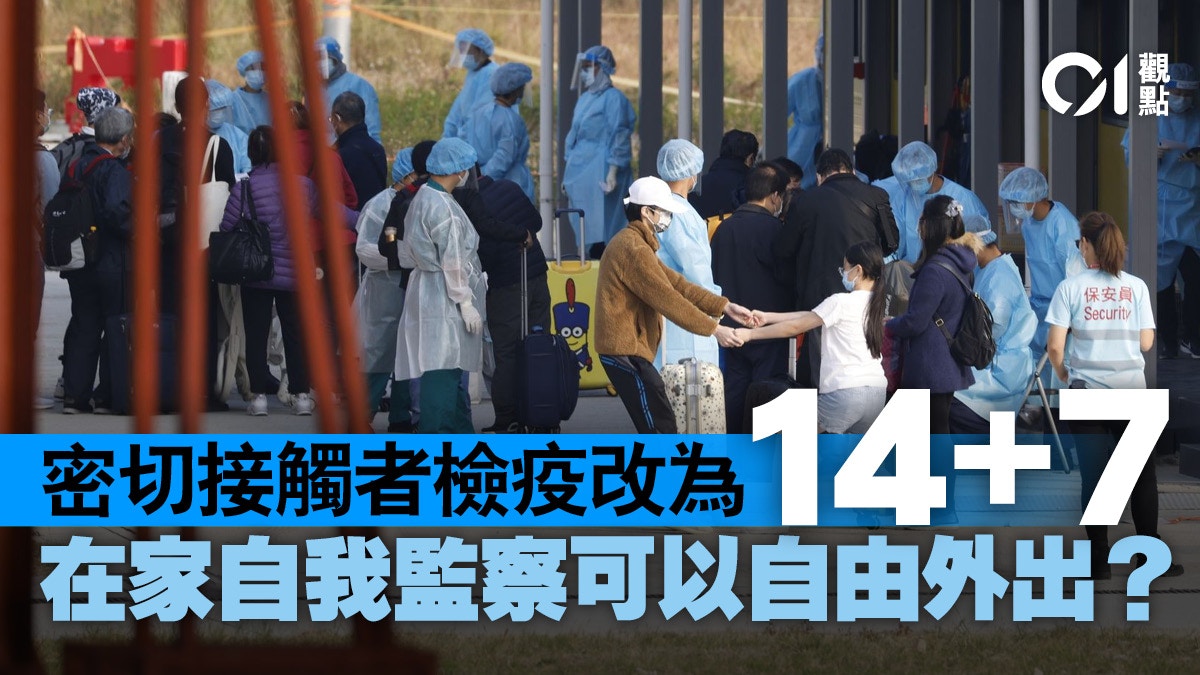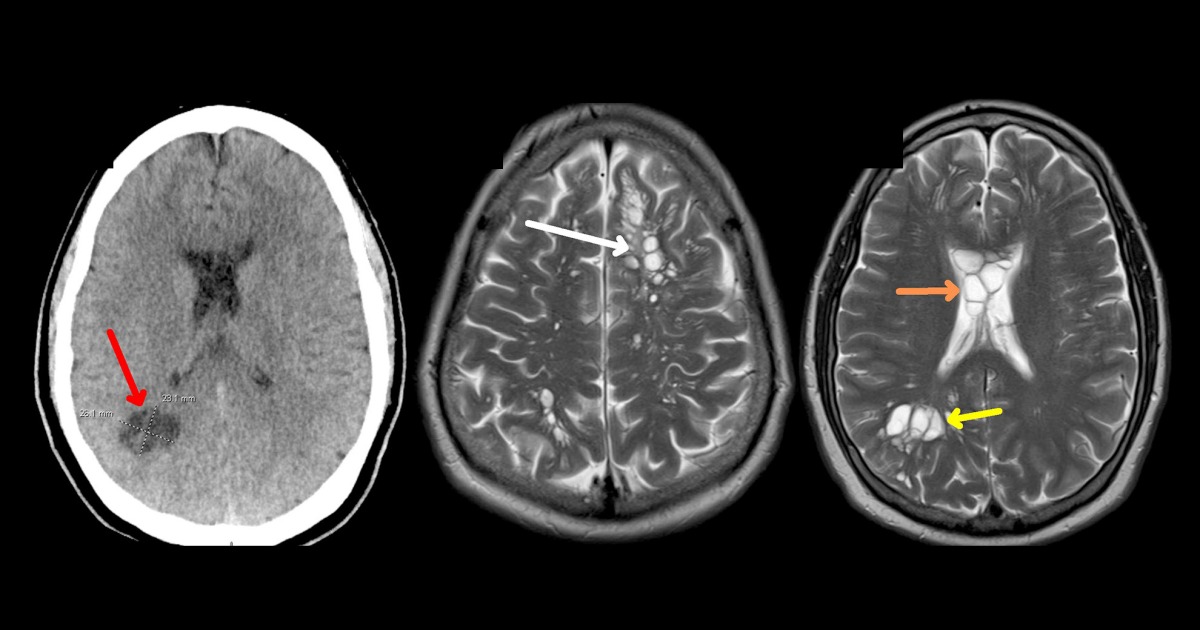The government announced on Monday (January 10) that after consulting the advisory group of administrative experts, it has decided to update the compulsory quarantine period for close contacts of local cases in the quarantine center from 21 days to 14 days, and the remaining 7 days will be They will be arranged to carry out "self-monitoring", during which the relevant persons are free to go out.
Zhang Zhujun, director of the Infectious Diseases Division of the Center for Health Protection of the Department of Health, explained that the sharp increase in the number of close contacts has put a lot of pressure on the capacity of the quarantine center facilities, and the incubation period of cases infected with the Omicron variant of the new coronavirus is relatively short.
The so-called "self-monitoring" is an arrangement launched by the Hong Kong government in April last year to cooperate with the implementation of the "vaccine bubble". It is mainly applicable to close contacts of local cases who have completed vaccination and inbound travelers from low-risk areas.
Zhang Zhujun pointed out that close contacts who have been vaccinated have already taken similar measures after blood draws and negative tests, so the new policy actually only exempts all local cases from the requirements of blood tests and vaccinations for close contacts. Immediately, he added, "There have been many cases of non-injection cases recently, and I hope to appeal to the public to get injections as soon as possible if there are no injections."
Zhang Zhujun, director of the Infectious Diseases Division of the Centre for Health Protection, also attended the press conference.
(Photo by Zheng Zifeng)
Risk of leaked cases still exists
Although most of the existing cases show a short incubation period of the variant virus, this does not mean that there are no exceptions.
For example, Guangzhou, which is adjacent to Hong Kong, discovered the second imported case of Omicron in China on December 13 last year. The infected 67-year-old man returned to Shanghai from Canada on November 27. He had been quarantined at home in Guangzhou until December 11. All of them received centralized isolation and closed-loop transfer. During this period, the four sampling tests conducted by Shanghai were all negative, which just shows that the variant virus also has the opportunity to incubate for more than 14 days and cause "leakage".
Moreover, "self-monitoring" was originally intended to reduce the quarantine burden on those with a lower risk of infection, so it was previously limited to those who have been vaccinated, but now the authorities have made it clear that even those who have not been vaccinated can also "self-monitor". , undoubtedly lowering the original criteria.
Even taking into account the lack of compulsory quarantine facilities, close contacts of unvaccinated local cases should continue to "self-isolate" at home, rather than allowing them to "self-isolate" like other vaccinated people. Surveillance" creates the risk of "leakage".
Quarantine should replace part of surveillance
"Self-isolation" at designated locations outside the government quarantine center is actually what most people understand as "home quarantine".
The biggest difference between it and "self-monitoring" is that the former completely prohibits leaving the isolation site and contacting the public.
In addition, those who "self-isolate" often need to wear electronic wristbands and install the "Anti-epidemic" app on their mobile phones to receive automatic location tracking. Exemptions do not need to use them, so imported cases have turned into local community transmission chains, and the government must be careful not to repeat the same mistakes when arranging "self-isolation" in the future.
Persons under compulsory quarantine are required to wear the Juan Anti-epidemic Electronic Bracelet.
(file picture)
Food and Health Secretary Chen Zhaoshi said last Saturday (January 8) that "home quarantine" will be considered if quarantine facilities are exhausted. However, the current practice of the government is to skip "self-isolation" before the facilities are exhausted. choose.
This approach may not only "leak" cases with a longer incubation period, but also does not fully comply with the government's recent "gut needle" policy.
At the very least, the government should distinguish close contacts based on criteria such as whether they have been vaccinated or not, or the viral content of exposure cases, and implement "self-isolation" and "self-monitoring" for them, rather than "one-size-fits-all" implementation of the latter for administrative convenience or other reasons.
Reopening community vaccination centers to meet citizens' needs for vaccines To be "ruthless" in epidemic prevention, those who violate the regulations should be severely punished [01 Weekly Editorial] Apologize and learn lessons and accountability before leading epidemic prevention













